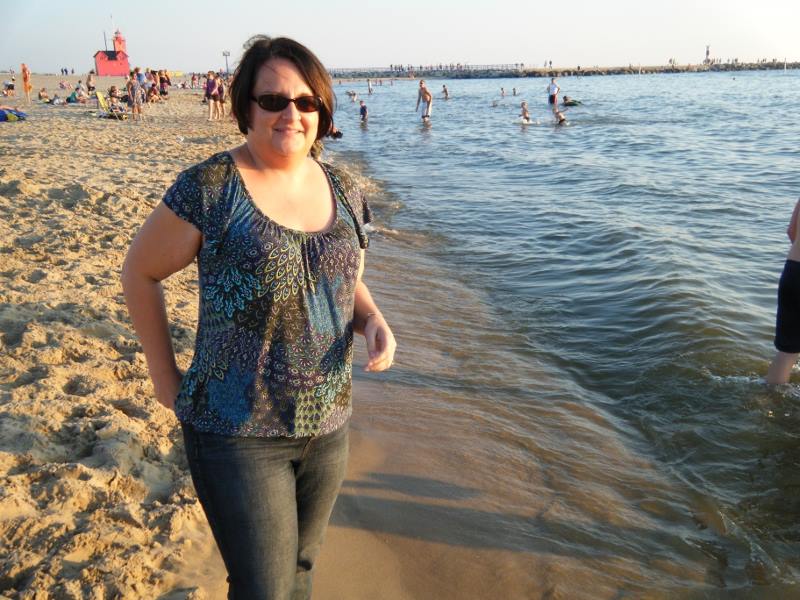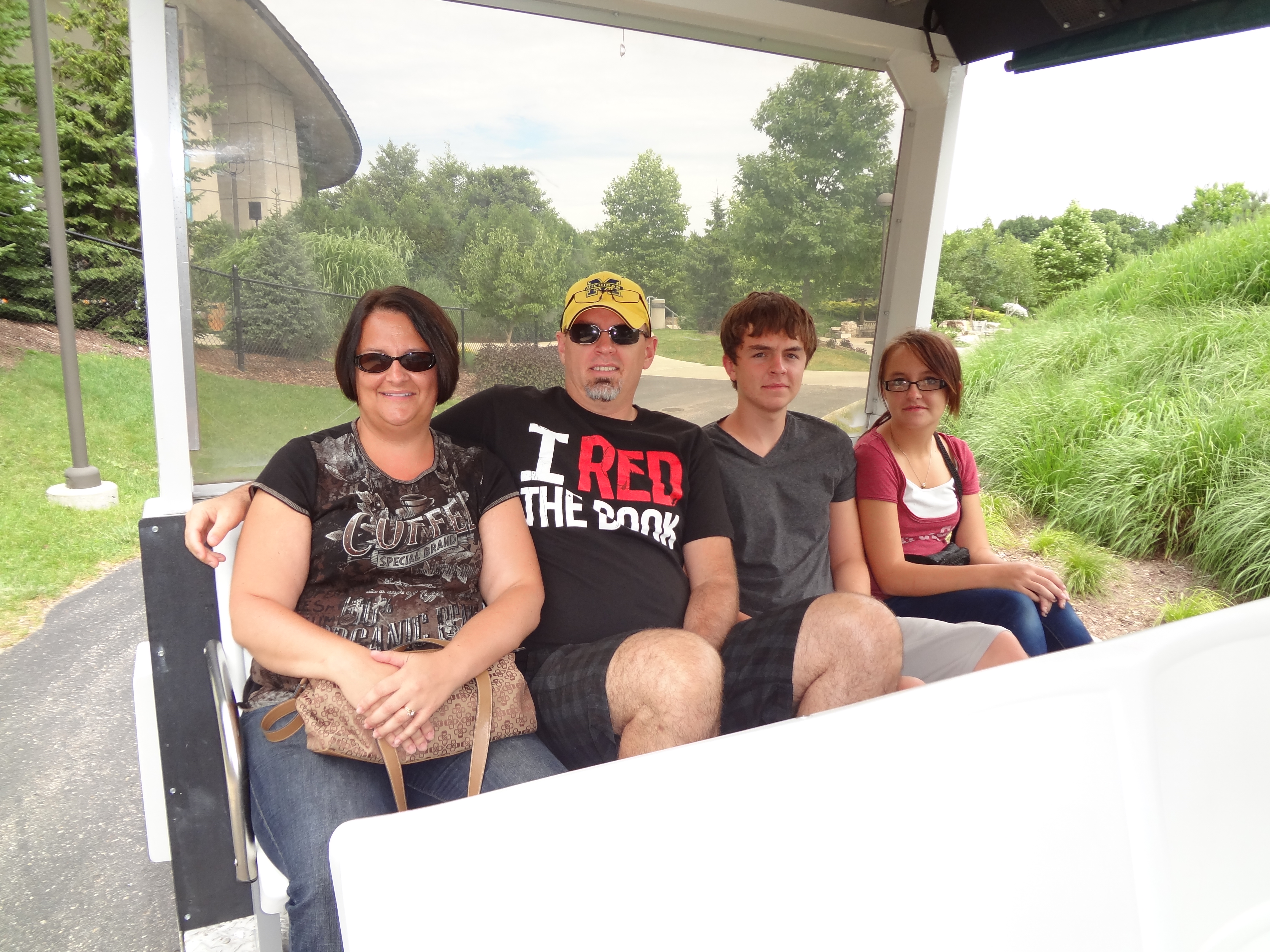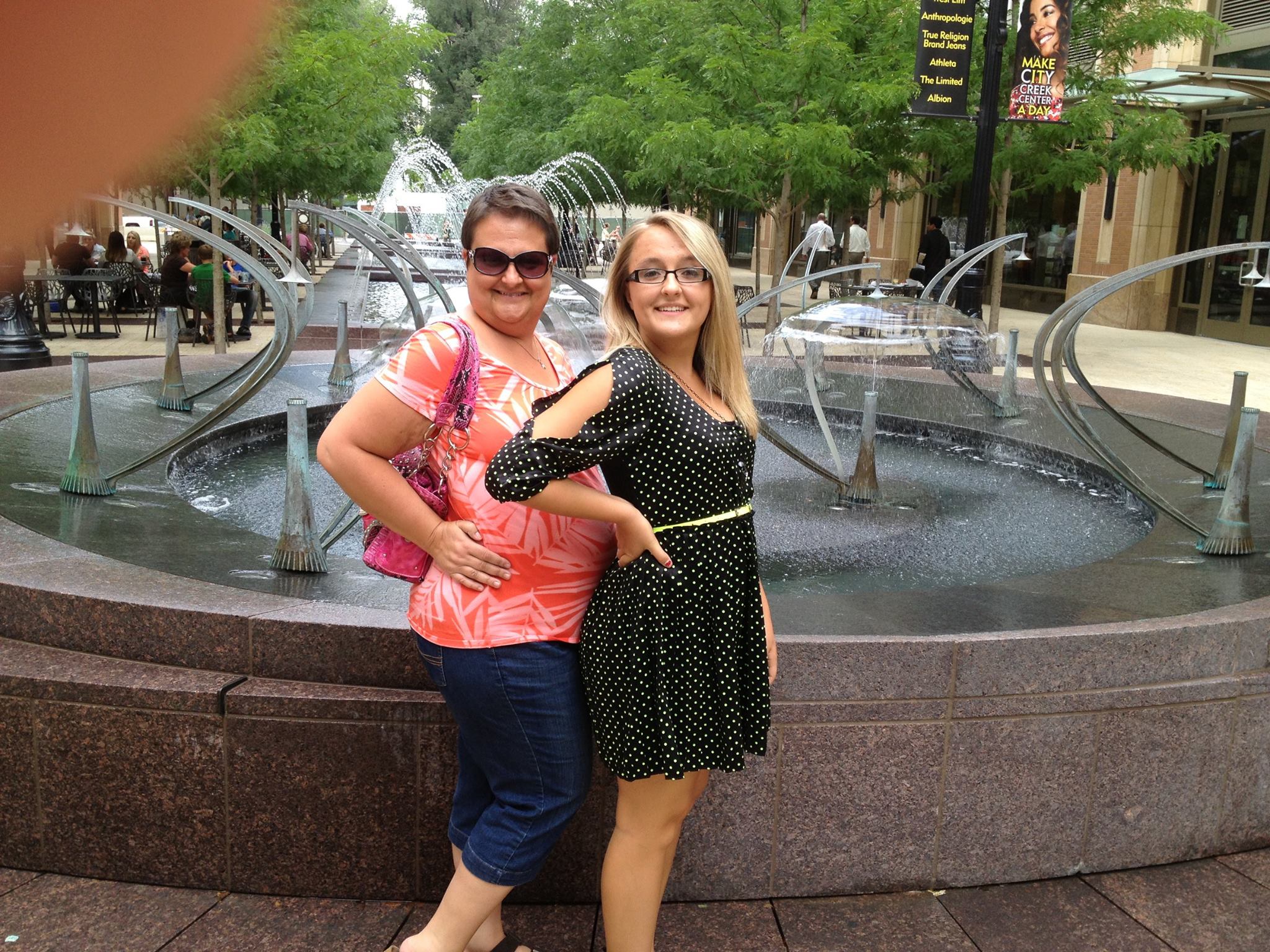In Memory of Amy Huffaker
Ovarian Cancer Symptoms
Ovarian Cancer Symptoms:
- Bloating
- Pelvic and Abdominal Pain
- Difficulty eating or feeling full quickly
- Urinary symptoms (urgency or frequency)
- Family History of Breast or Ovarian Cancer
Women who have these symptoms almost daily for more than a few weeks should see their doctor, preferably a gynecologist. Prompt medical evaluation may lead to detection at the earliest possible stage of the disease. Early stage diagnosis is associated with an improved prognosis.
Historically, ovarian cancer was called the “silent killer” because symptoms were not thought to develop until the chance of cure was poor. However, recent studies have shown this term is untrue and that the following symptoms are much more likely to occur in women with ovarian cancer than women in the general population.
Women with ovarian cancer report that symptoms are persistent and represent a change from normal for their bodies. The frequency and/or number of such symptoms are key factors in the diagnosis of ovarian cancer. Several studies show that even early stage ovarian cancer can produce these symptoms.
Women who have these symptoms almost daily for more than a few weeks should see their doctor, preferably a gynecologist. Prompt medical evaluation may lead to detection at the earliest possible stage of the disease. Early stage diagnosis is associated with an improved prognosis.
In Memory of Amy Huffaker
My wife Amy Huffaker passed away to Ovarian Cancer in March of 2015. She was diagnosed with stage 3C Ovarian Cancer at the age of 37, endured extensive treatments for over three years, but passed away when she was 41 years old. We were one week away from our 21st anniversary when she died.
For what seems like about 2 years prior to her diagnosis, she had been having various symptoms such as bloating, abdominal pain, she would feel full very quickly and when she did eat, she would say that it felt like there was a brick in her stomach. She also experienced strange hormonal issues, her weight fluctuated, and dark hairs started growing on her chin and neck.
She saw several doctors and they generally dismissed the possibility of “Cancer” because they thought she was “too young”. They chased other solutions such as “Food Allergies/Intolerance”, “Irritable Bowel”, “Hormonal Imbalance”, and more. Nobody made the connection between her symptoms and her family history, and we were not even educated enough to know this was something to worry about.
I feel like if we had been more aware of her family history, more aware of the risks and the symptoms, and hadn’t ignored and dismissed the symptoms, we could have caught the disease sooner. One of the biggest challenges with Ovarian Cancer is that it’s difficult to detect, and is usually not discovered until stage 3C or stage 4. These stages result in the absolute worst prognosis. In Amy’s case, even with scans and other tests, it was unclear if she actually had cancer. It wasn’t until her radical hysterectomy that they were actually able to see Cancer and that it had spread throughout her abdomen. And according to the OB/GYN Oncologist that performed her surgery, the cancer was “Much worse than he ever anticipated.”
BRCA Awareness and Family History of Cancer
During Amy’s treatment, she was tested and confirmed BRCA1 Positive. Her sister had previously died of Breast Cancer in 2008, and it was later discovered that she did have extensive family history of the cancer. Prior to her diagnosis, this was not widely known or discussed. One of Amy’s aunts passed away from Ovarian Cancer, and her Grandmother passed away from Breast Cancer.
My point is this: Amy had extensive family history of Female Cancers, yet I was completely unaware of this fact until after her diagnosis. Even had I known, I’m not sure if I would have known that it increased her risk or that we needed to do anything differently. Looking back, we would likely have taken a completely different approach when Amy started experiencing symptoms.
Cancer Charities
In honor of my late wife Amy Huffaker, I have served on the Board of Directors for the Ovarian Cancer Alliance of Arizona. Since the death of Amy to this horrible disease, I’ve made it my life’s mission to work with and help others affected by Ovarian Cancer. I’m an advocate for early detection, family history awareness, and knowledge of the BRCA genetic mutation that increases the risk of Ovarian Cancer. I regularly contribute to and sponsor cancer charity fundraisers such as Relay for Life.





